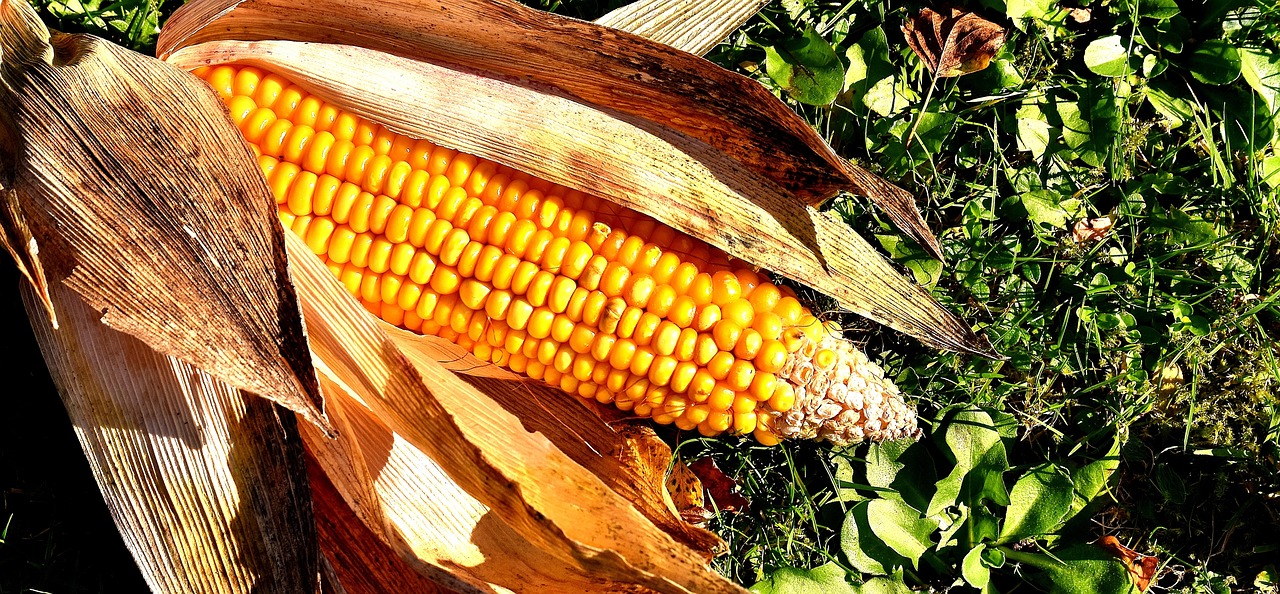Addressing Food Security Challenges Through Nut and Seed Crop Diversification: Sky exch, World 777 com login, Gold bet
sky exch, world 777 com login, gold bet: Food security is a pressing issue that affects millions of people worldwide. The lack of access to a consistent and nutritious food supply can have detrimental effects on individuals and communities, leading to malnutrition, poverty, and even social unrest. In order to address these challenges, it is crucial to explore innovative solutions that can help ensure food security for all.
One promising approach to addressing food security challenges is through nut and seed crop diversification. By expanding the variety of nut and seed crops that are grown and consumed, we can enhance the resilience of our food systems and improve nutrition for vulnerable populations. In this article, we will explore the benefits of nut and seed crop diversification and discuss how this approach can help to address food security challenges around the world.
The Benefits of Nut and Seed Crop Diversification
Nut and seed crops, such as almonds, peanuts, and sunflower seeds, are rich sources of essential nutrients, including protein, healthy fats, vitamins, and minerals. By diversifying the range of nut and seed crops that are cultivated and consumed, we can ensure that people have access to a more varied and nutritious diet.
In addition to improving nutrition, nut and seed crop diversification can also help to enhance the sustainability of our food systems. Many nut and seed crops are well-suited to agroforestry systems, which integrate trees and crops to create diverse and resilient agricultural landscapes. Agroforestry systems can help to improve soil health, conserve water, and sequester carbon, making them a valuable tool for combating climate change and promoting sustainable agriculture.
Furthermore, nut and seed crop diversification can support smallholder farmers and rural communities by providing them with new income opportunities. By growing a wider range of crops, farmers can diversify their sources of revenue and reduce their dependence on a single commodity. This can help to enhance the economic stability of farming households and improve food security at the local level.
Addressing Food Security Challenges Through Nut and Seed Crop Diversification
Nut and seed crop diversification has the potential to play a key role in addressing food security challenges around the world. By expanding the variety of nut and seed crops that are grown and consumed, we can enhance the nutritional quality of diets, improve the sustainability of food systems, and support the livelihoods of smallholder farmers. Here are some ways in which nut and seed crop diversification can help to tackle food security issues:
1. Improving Nutrition: Nut and seed crops are rich sources of essential nutrients, including protein, healthy fats, vitamins, and minerals. By incorporating a wider range of nut and seed crops into diets, we can help to ensure that people have access to a more diverse and nutritious food supply.
2. Enhancing Agroecosystem Resilience: Nut and seed crops can be integrated into agroforestry systems, which promote biodiversity, conserve water, and improve soil health. By diversifying agricultural landscapes with nut and seed crops, we can enhance the resilience of our food systems and reduce their vulnerability to environmental shocks.
3. Supporting Smallholder Farmers: Nut and seed crop diversification can provide smallholder farmers with new income opportunities. By growing a wider range of crops, farmers can diversify their sources of revenue and reduce their dependence on a single commodity. This can help to improve the economic stability of farming households and enhance food security at the local level.
4. Promoting Sustainable Agriculture: Many nut and seed crops are well-suited to sustainable farming practices, such as agroforestry and organic agriculture. By cultivating these crops in environmentally-friendly ways, we can promote sustainable agriculture and mitigate the impacts of climate change on food production.
5. Enhancing Food Security: Nut and seed crop diversification can help to ensure a more stable and resilient food supply for vulnerable populations. By expanding the range of crops that are grown and consumed, we can reduce the risk of food shortages and improve access to nutritious foods for all.
6. Fostering Food Sovereignty: Nut and seed crop diversification can empower communities to take control of their food systems and make decisions about what and how they grow and consume. By promoting food sovereignty, we can enhance the self-reliance and resilience of communities in the face of food security challenges.
In conclusion, nut and seed crop diversification holds great promise for addressing food security challenges and improving nutrition for people around the world. By expanding the variety of nut and seed crops that are grown and consumed, we can enhance the sustainability of our food systems, support smallholder farmers, and ensure a more diverse and nutritious food supply for all. Through innovative approaches such as agroforestry and sustainable farming practices, we can harness the potential of nut and seed crops to create a more secure and resilient food future.
FAQs
Q: What are some examples of nut and seed crops that can be incorporated into diets?
A: Some examples of nut and seed crops that can be incorporated into diets include almonds, walnuts, pistachios, peanuts, sunflower seeds, chia seeds, flaxseeds, and pumpkin seeds.
Q: How can smallholder farmers benefit from nut and seed crop diversification?
A: Smallholder farmers can benefit from nut and seed crop diversification by diversifying their sources of income, improving soil health, and enhancing the sustainability of their farming practices. By growing a wider range of crops, farmers can reduce their dependence on a single commodity and improve their economic stability.
Q: What are some sustainable farming practices that can be used to cultivate nut and seed crops?
A: Some sustainable farming practices that can be used to cultivate nut and seed crops include agroforestry, organic agriculture, and integrated pest management. These practices promote biodiversity, conserve water, and improve soil health, making them valuable tools for sustainable food production.
Q: How can nut and seed crop diversification help to address food security challenges?
A: Nut and seed crop diversification can help to improve nutrition, enhance agroecosystem resilience, support smallholder farmers, promote sustainable agriculture, enhance food security, and foster food sovereignty. By expanding the range of nut and seed crops that are grown and consumed, we can create a more stable and resilient food supply for vulnerable populations.







